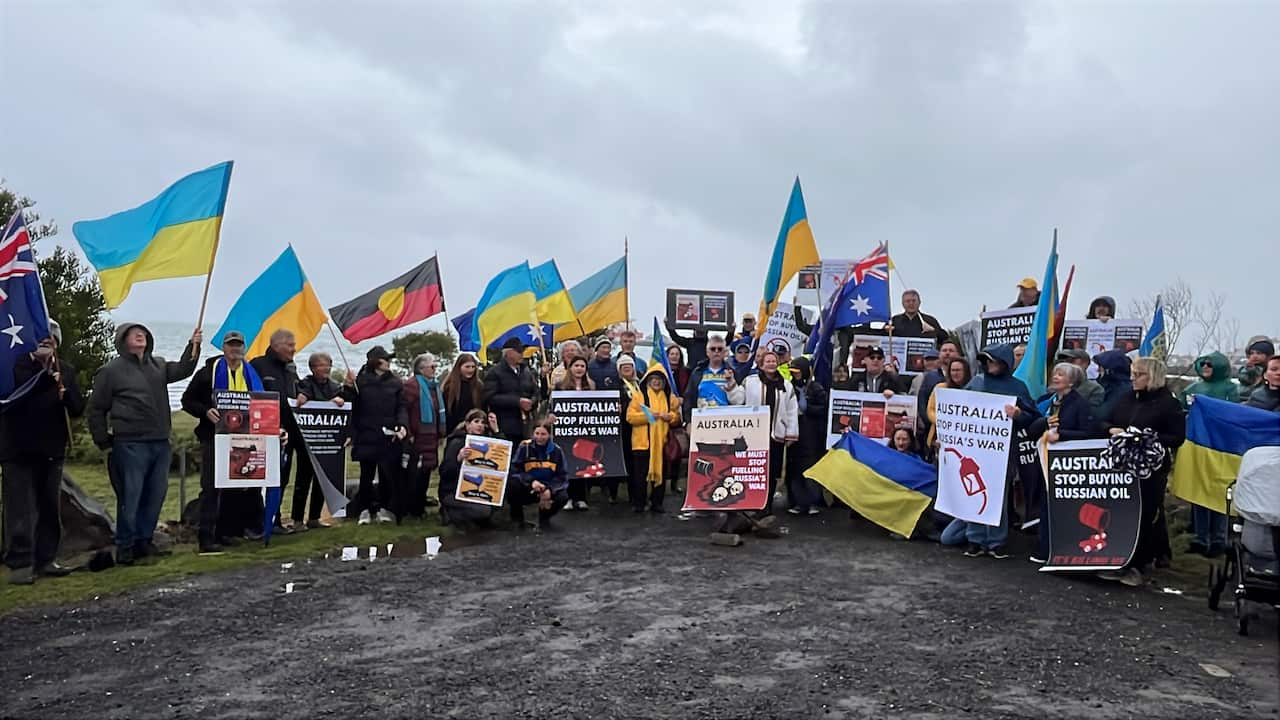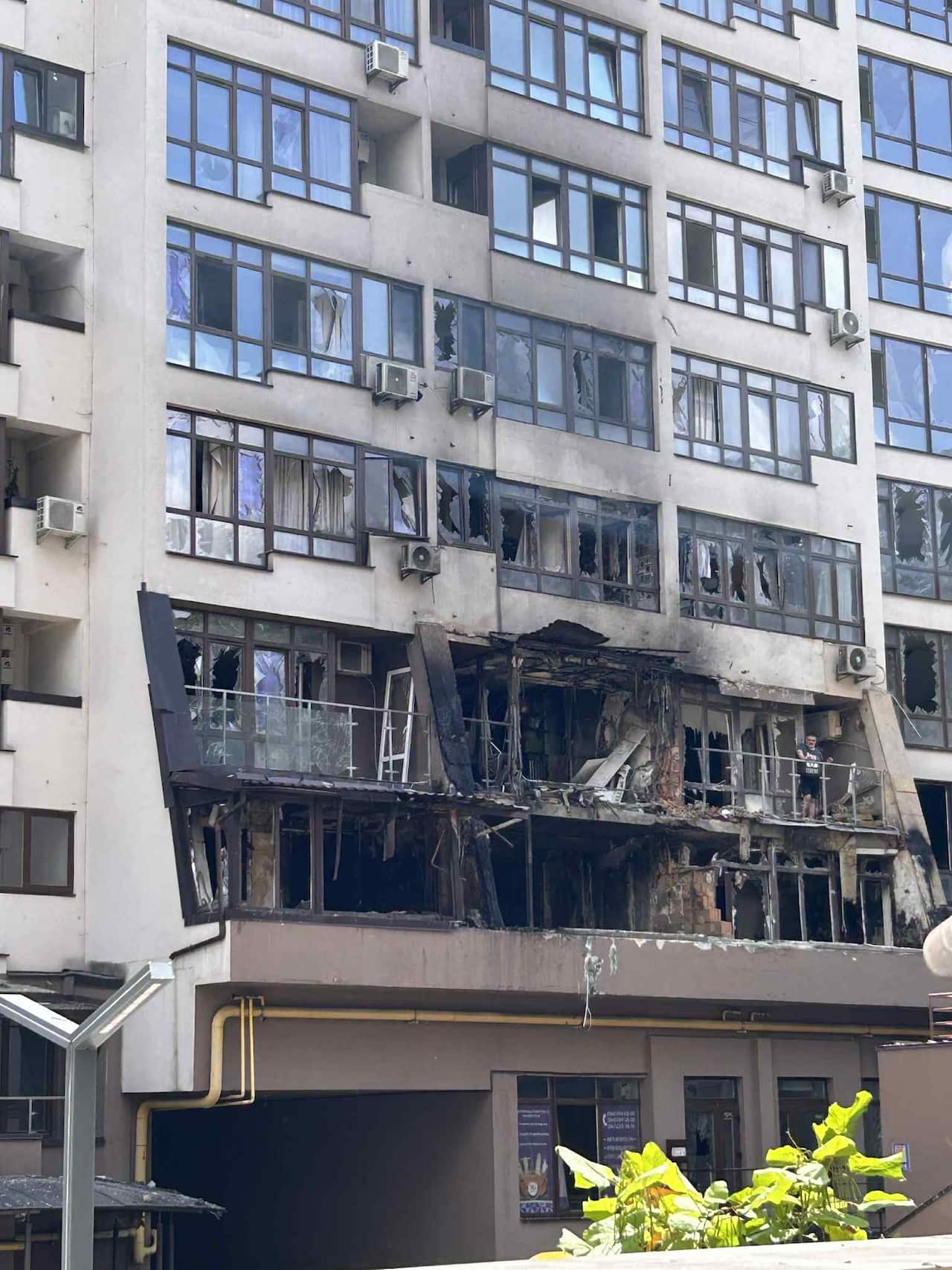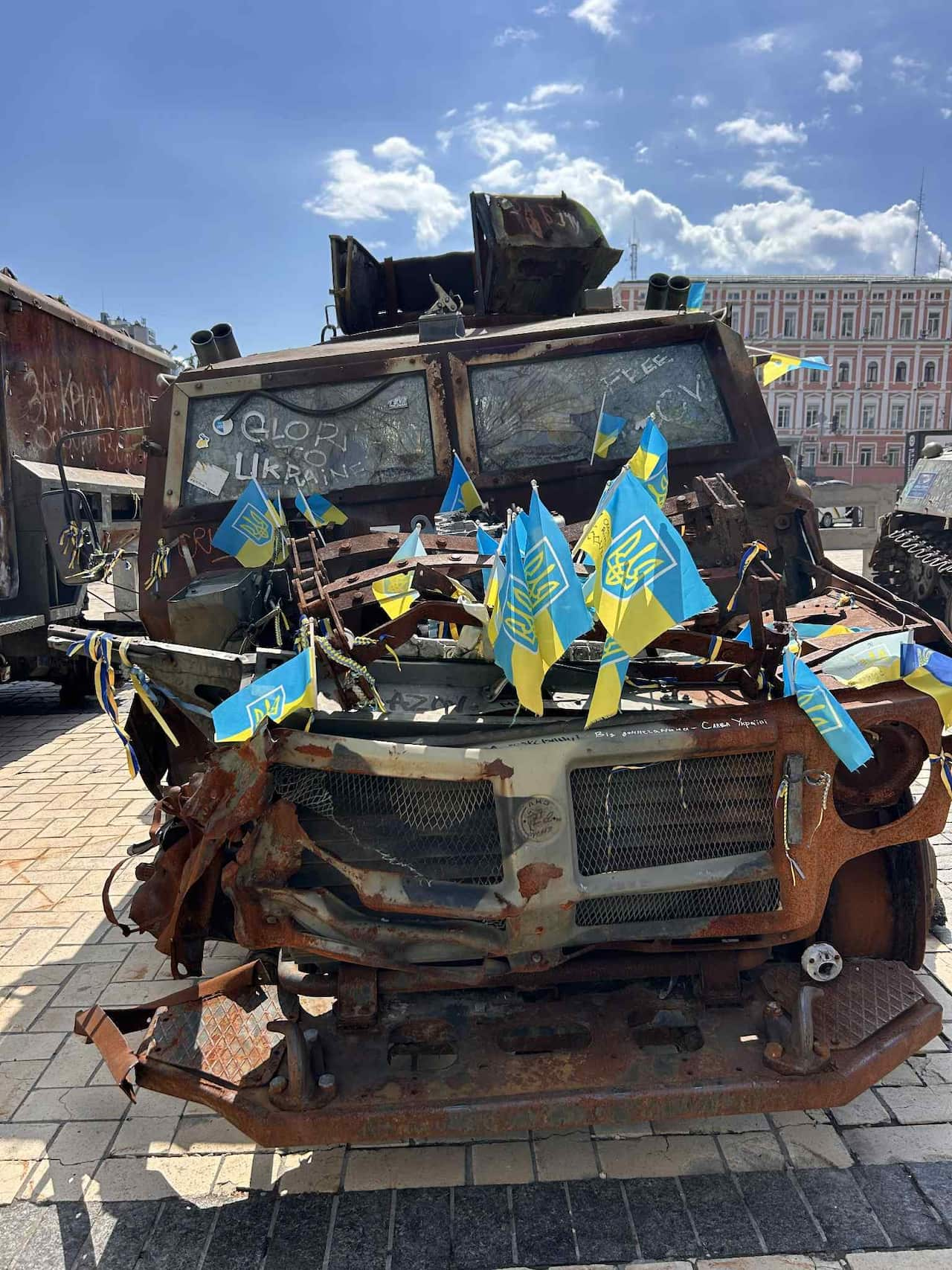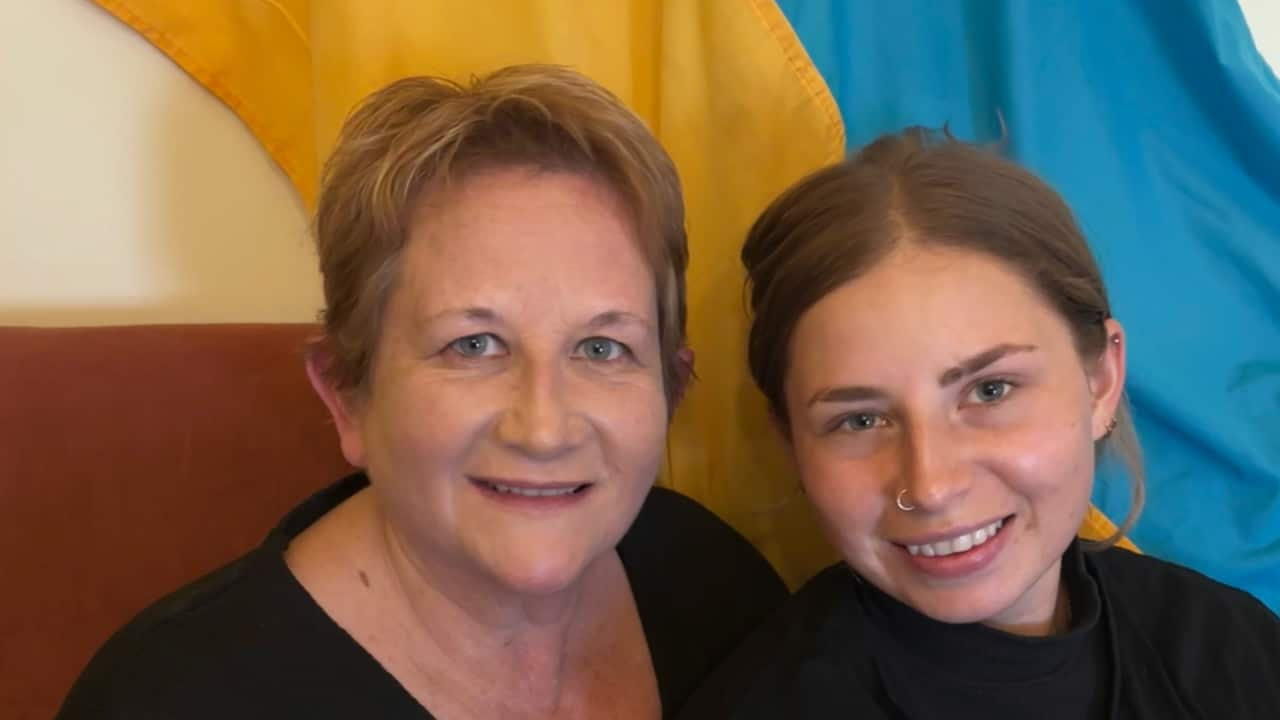Key Points
- Experts say a "shadow fleet" continues to bring Russian oil to Australia via refineries in third countries.
- Members of the Ukrainian-Australian community say more should be done to stop Russian oil entering Australia via such channels.
- A recently launched Senate inquiry will look at how to stop the importation of fuels derived from Russian crude oil.
Oryssia Pryslak was born and raised in the small Ukrainian community in Victoria's port city of Geelong, where oil tankers were a common sight. Until recently, she had no idea that some of those ships might be carrying sanctioned oil from Russia.
"I was in disbelief, to be honest," the 26-year-old told SBS News.
In October, SBS revealed that Australia is the biggest importer of oil products refined from Russian crude oil in third countries.
Australia sanctioned the direct import of crude oil from Russia after the invasion of Ukraine in 2022, but experts say a "shadow fleet" of at least 25 ships continues to bring oil ashore via refineries in countries such as India and China.
"It's blood oil," said Oryssia's mother, Luba Pryslak, who is president of the Association of Ukrainians in Victoria.

Oryssia and Luba were among roughly 50 protesters who stood at the jetty in Geelong on Saturday morning to protest the arrival of a tanker believed to be transporting products refined from sanctioned Russian crude oil.
Speaking after the rally, Luba told SBS News the Ukrainian community in Australia is calling on the government to close a loophole allowing such oil products to enter Australia and properly investigate whether current sanctions are effective.
'Blood Oil'
To date, the government has sanctioned more than 150 "shadow fleet" ships, often uninsured vessels that avoid detection by regularly changing their nation of registry (a practice known as flag-hopping) and disabling their tracking systems, according to the Department of Foreign Affairs and Trade (DFAT).
However, data provided to SBS News in October by the Centre of Research on Energy and Clean Air showed that 25 ships remain in the supply chain of Australian companies.
Foreign Minister Penny Wong has said there is no mechanism that would allow the government to track the origin of Russian crude oil that enters Australia via third-country refineries.
At Senate estimates on 10 October, Wong said the government expects the private sector to manage its own supply chains.
"Australians also expect businesses to prevent their supply chains from inadvertently funding Russia’s illegal and immoral invasion of Ukraine — and we ask businesses to uphold that responsibility," a DFAT spokesperson told SBS News.
In September, Tasmanian senator Jacqui Lambie likened the situation to that of diamonds mined in areas of conflict.
"Over 10 years ago, Australia was calling for blood diamonds to be included in the international definition of conflict diamonds, and now we're accepting Russian blood oil," she said in the Senate.
Oryssia, who recently returned from a visit to Ukraine, said knowing Australian money is going back to Russia gives her "a sense of guilt".
"All these people in Ukraine are like 'thank you so much for your help'. And in our backhand, we're actually sliding more money over to Russia."
"You're putting money into the pockets of people who are bombing civilians," Oryssia said.
Since Russia's invasion of Ukraine in February 2022, over 14,000 Ukrainian civilians have been killed and more than 37,000 injured, according to the United Nations Human Rights Monitoring Mission in Ukraine (HRMMU).
HRMMU head Danielle Bell said in early October: "High civilian casualties last month confirm this year's disturbing pattern of intense violence in Ukraine, as virtually no day passes without civilian deaths or injuries, especially in frontline communities."
More transparency needed
On Wednesday, the Foreign Affairs, Defence and Trade References Committee launched a Senate inquiry into Russian sanctions, which will specifically look at how to stop the importation of fuels derived from Russian crude oil in Australia.
It will report back in March 2026.
Luba said the Association of Ukrainians in Victoria want the inquiry to be moved forward.
"We won't wait until March until we get a report while people are dying and suffering," she said.

Luba also told SBS News the association wants greater transparency and accountability for private fossil fuel companies when it comes to their supply chain.
"Companies need to be more aware of their supply chain and where things are coming from, whether that comes from more government regulations [or somewhere else]," she said.
"Let's just be more transparent about what's really happening," Oryssia said.
DFAT told SBS News that "Australia remains steadfast in its support for Ukraine as it defends itself against Russia’s illegal and immoral invasion."
"As a result of measures we have already taken, direct Australian imports of Russian energy products have fallen from $80 million to zero since before Russia’s invasion," the spokesperson said, adding that the government was "evaluating options to place further pressure on Russia’s oil revenues".
Keeping Ukraine in 'eyesight'
Luba said the Ukrainian community in Australia was mostly proud of how the Australian government has supported Ukraine.
"The Ukrainian diaspora has been proud that Australia has been able to support Ukraine, sending Bushmasters and humanitarian and military support," Luba said.
In February, DFAT said it has committed more than $1.5 billion to help Ukraine defend itself, including more than $1.3 billion in military support through equipment and training.

However, with the conflict soon heading into its fourth year, Oryssia is concerned that "war fatigue" could be setting in — "especially with so many horrible things happening all around the world".
"Australians say, 'oh you're Ukrainian, how's it all going'? And you have to say, 'it's going sh-t, actually'."
"I think Australians should really try to understand that we do need to keep it in our eyesight. We need to keep it in our minds."
"It's happening right now still."
For the latest from SBS News, download our app and subscribe to our newsletter.

